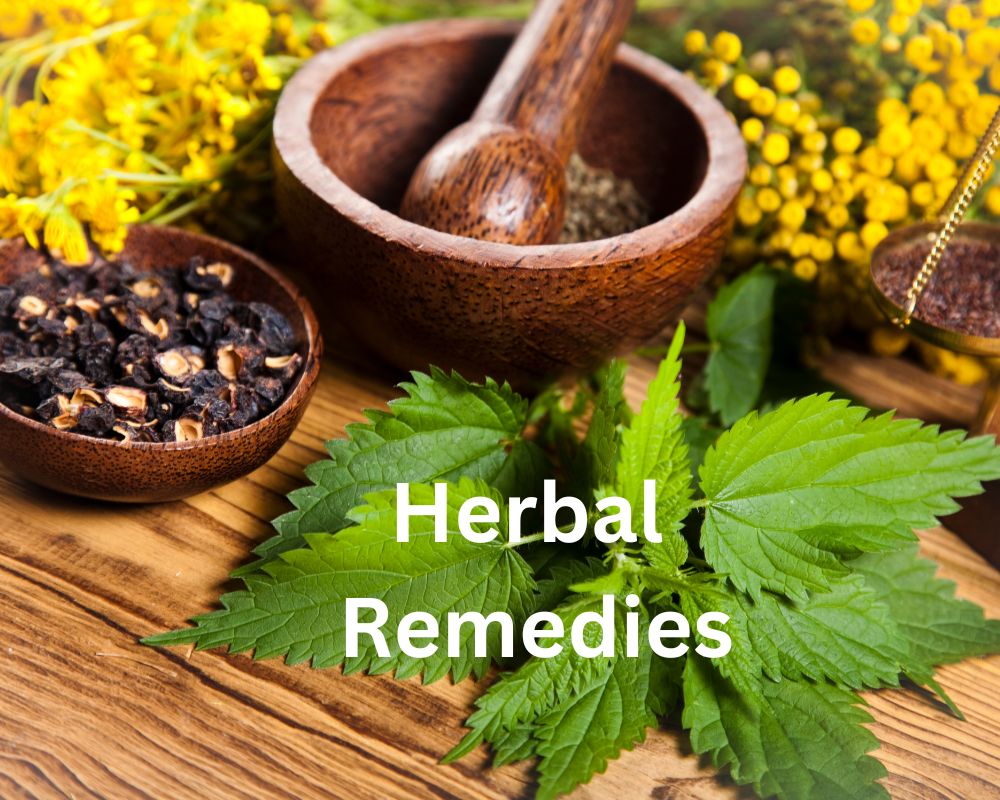Introduction
Hello, fellow natural health enthusiasts! Today, I’m excited to share some of my favorite DIY herbal remedies that have been staples in my home for managing common ailments. As someone who believes in the power of plants and natural healing, I’ve spent years exploring how herbs can help us recover from or manage everyday health issues like colds, headaches, digestive problems, and more. Whether you’re a seasoned herbalist or just starting out, these simple, effective recipes can be a great addition to your wellness toolkit.
Why Choose Herbal Remedies?
Opting for herbal remedies can be a wonderful way to harness the natural healing properties of plants. Not only are they often more gentle on the body than conventional medicine, but they also come with fewer side effects and can be a cost-effective way to manage health issues. Plus, preparing your own remedies allows you to control the ingredients, ensuring they are pure and natural.
Herbal Remedies for Digestive Issues
Peppermint Tea for Indigestion
Peppermint is a fantastic herb for soothing stomach issues and improving digestion. It helps to relax the muscles of your digestive system, which can reduce symptoms of indigestion and bloating.
DIY Recipe:
- Boil 1 cup of water.
- Add 1 tablespoon of dried peppermint leaves or a few fresh peppermint leaves.
- Steep for 5-10 minutes, then strain.
- Enjoy after meals to aid digestion.
Ginger Tea for Nausea
Ginger is well-known for its ability to combat nausea, making it a go-to remedy for motion sickness, morning sickness, or even after eating too much.
DIY Recipe:
- Peel and slice a small piece of ginger root.
- Boil in 2 cups of water for 10 minutes.
- Strain and add honey to taste if desired.
- Drink as needed to relieve nausea.
Herbal Remedies for Respiratory Health
Eucalyptus Steam for Congestion
Eucalyptus has natural anti-inflammatory and decongestant properties, making it perfect for clearing up congestion associated with colds or allergies.
DIY Recipe:
- Boil a pot of water and remove it from heat.
- Add 5 drops of eucalyptus essential oil.
- Drape a towel over your head and lean over the pot to inhale the steam.
- Do this for 5-10 minutes to help clear nasal passages.
Thyme Syrup for Coughs
Thyme is excellent for treating coughs due to its antispasmodic and antibacterial properties. It can help relax the muscles of the trachea, easing coughing fits.
DIY Recipe:
- Add 2 tablespoons of dried thyme to 1 cup of boiling water.
- Steep for 15 minutes and strain.
- Mix in ¼ cup of honey and store in the refrigerator.
- Take 1 tablespoon as needed to soothe coughs.
Herbal Remedies for Pain Relief
Lavender Oil for Headaches
Lavender oil is renowned for its calming and relaxing effects, which can be beneficial for relieving headaches, especially those caused by stress.
DIY Recipe:
- Mix 2 drops of lavender essential oil with a tablespoon of a carrier oil like coconut or almond oil.
- Massage into the temples and back of the neck to relieve headache symptoms.
Chamomile Tea for Menstrual Cramps
Chamomile has anti-inflammatory properties that make it effective in reducing menstrual cramp pain.
DIY Recipe:
- Steep 2 tablespoons of dried chamomile flowers in 1 cup of boiling water for 10 minutes.
- Strain and drink a few cups throughout the day to ease cramp pain.
Storing and Using Your Herbal Remedies
Storing your homemade herbal remedies properly is key to preserving their potency and effectiveness. Most teas and infusions can be stored in the refrigerator for up to five days. Oils and syrups should be kept in airtight containers and can last for several weeks if refrigerated.
Conclusion
Creating your own herbal remedies is not only empowering but also a deeply satisfying way to connect with nature and take control of your health. These remedies are simple to prepare and can offer gentle, effective relief from a variety of common ailments. As with any natural treatment, it’s important to consult with a healthcare professional before starting any new remedy, especially if you have existing health conditions or are taking medications.
Remember, the journey to natural health is personal and filled with learning. Embrace each step, and enjoy the process of discovering what works best for you and your body!

